Annalee Spain is known as the Black Professor, in reference to her role at a small Bible College. That makes her an unusual heroine in any time, but especially in a novel that starts in 1923 in Chicago. She heads to Denver to try and solve the mystery of her father’s murder. Here she meets people of all ages and races, many of whom could have something to do with her father’s disappearance and death.
All that is Secret is a novel that’s full of characters with secrets.
It’s a fast-paced mystery that hits all the right notes with plenty of likeable characters, and plenty of characters vying for the role of evildoer and murderer. The writing is strong, although perhaps a little distant, but that fits with the 1930s setting.
Christian fiction tends to focus on white main characters, so it’s great to see a novel (a series?) focusing on a Black main character. I appreciated the insight into a different time, place, and culture, and I especially appreciated the way Annalee and her friends can cross the racial and cultural boundaries to deliver a strong mystery.
It appears this is the first in what is to become the Annalee Spain Mystery series, and I’m looking forward to the next instalment.
Thanks to Tyndale House and NetGalley for providing a free ebook for review.
About Patricia Rayborn

Patricia Raybon is an award-winning Colorado author, essayist and novelist who writes top-rated books at the daring intersection of faith and race.
Her first fiction — an historical detective series, All That Is Secret, set in 1923 in Colorado’s Klan era — is a Parade Magazine Fall 2021 “Mysteries We Love” selection and a Masterpiece on PBS “Best Mystery Books of 2021” selection “As Recommended by Bestselling Authors.”
“Readers will be hooked from the first line…Captivating.” (Julie Cantrell) “Not only a good mystery, but a realistic insight into the African American experience in the 1920s in the West.” (Rhys Bowen) “Fast-paced and intriguing.” (Manuel Ramos) “Engrossing and thrilling….This intrepid sleuth would give Sherlock Holmes a run for his money.” (Sophfronia Scott).
Find Patricia Raybon online at:
Website | Facebook | Instagram | Twitter
About All That Is Secret
Can an amateur detective solve the cold case mystery of her lost father’s murder?

For a young Black woman, searching for answers in a city ruled by the KKK could mean real danger. Still, with her literary hero Sherlock Holmes as inspiration, Annalee launches her hunt for clues, attracting two surprising allies: Eddie, a relentless young white boy searching for his missing father, and Jack, a handsome Black pastor who loves nightclub dancing and rides in his sporty car, awakening Annalee’s heart to the surprising highs and lows of romantic love.
With their help, Annalee follows clues that land her among Denver’s powerful elite. But when their sleuthing unravels sinister motives and deep secrets, Annalee confronts the dangerous truths and beliefs that could make her a victim too.
Find All That Is Secret online at:
Amazon | BookBub | ChristianBook | Goodreads | Koorong

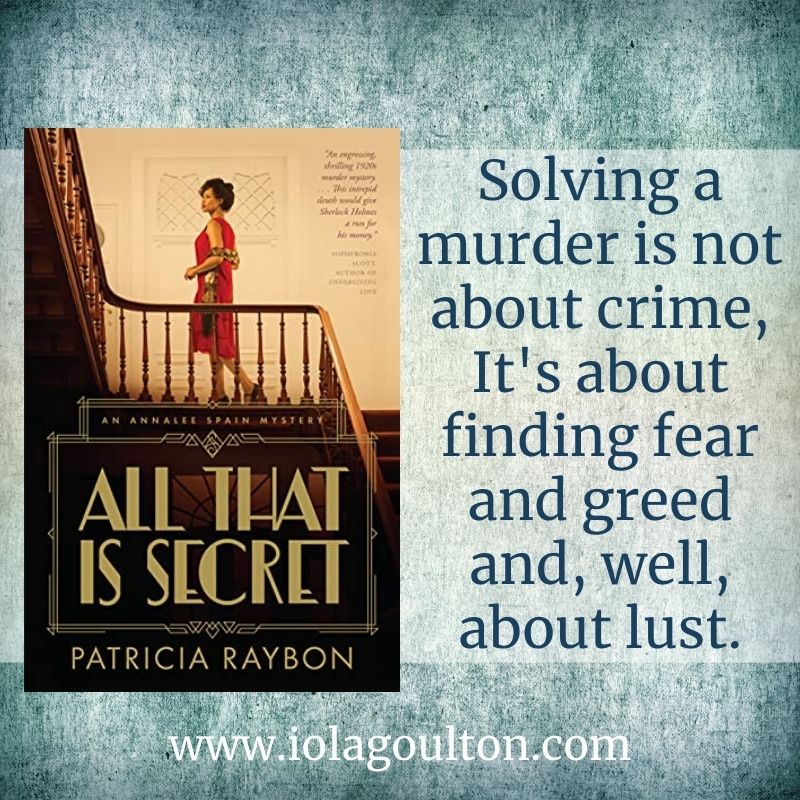
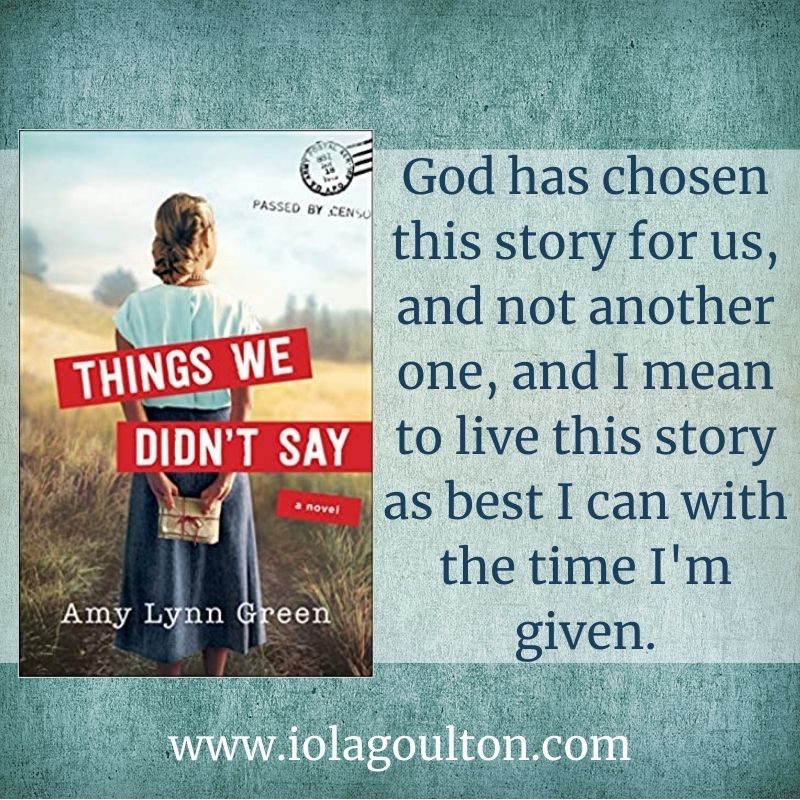



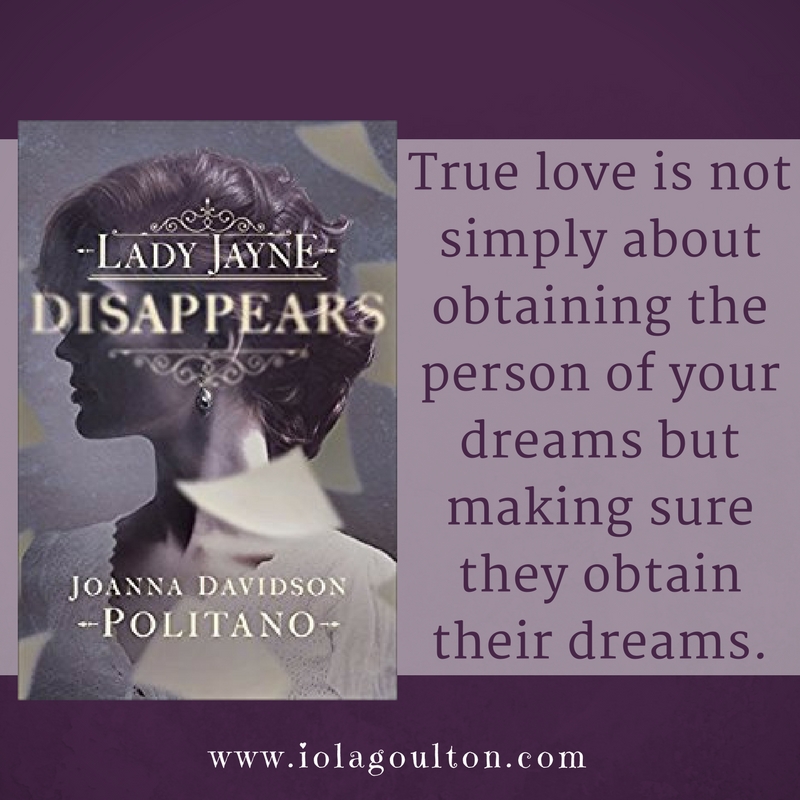
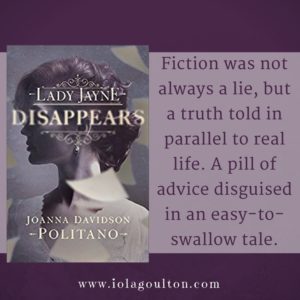
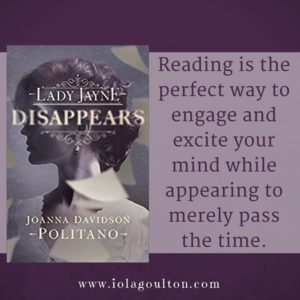

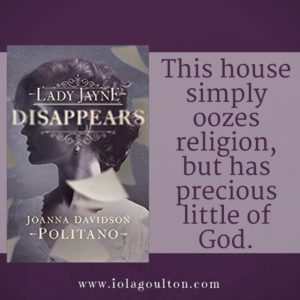
 Joanna Davidson Politano freelances for a small nonfiction publisher but spends much of her time spinning tales that capture the colorful, exquisite details in ordinary lives.
Joanna Davidson Politano freelances for a small nonfiction publisher but spends much of her time spinning tales that capture the colorful, exquisite details in ordinary lives.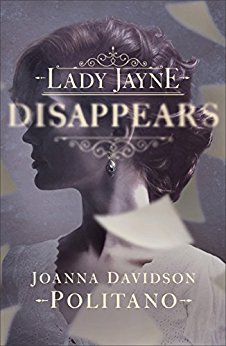 When Aurelie Harcourt’s father dies in debtor’s prison, he leaves her just two things: his wealthy family, whom she has never met, and his famous pen name, Nathaniel Droll. Her new family greets her with apathy and even resentment. Only the quiet houseguest, Silas Rotherham, welcomes her company.
When Aurelie Harcourt’s father dies in debtor’s prison, he leaves her just two things: his wealthy family, whom she has never met, and his famous pen name, Nathaniel Droll. Her new family greets her with apathy and even resentment. Only the quiet houseguest, Silas Rotherham, welcomes her company.